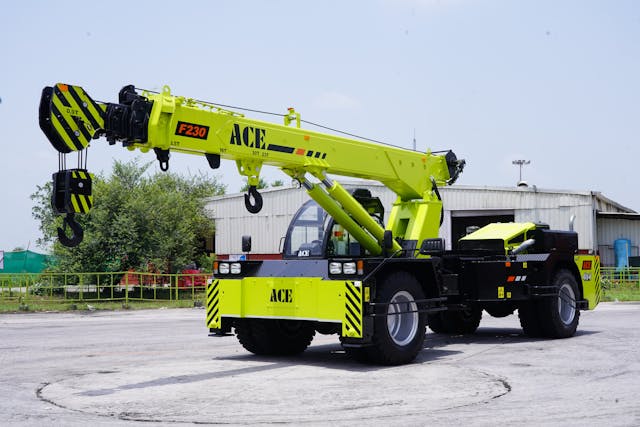Electrical emergencies can happen in an instant—power surges, blown fuses, or sudden flickering lights can turn a calm day into a frantic scramble. Knowing how to react quickly keeps you safe and gives professional help the best chance to restore power without risking injury.
1. Recognise the Red Flags
- Visible sparks or smoke from outlets, switches, or appliances.
- Unusual buzzing or humming sounds in the circuitry.
- Frequent tripping of circuit breakers or blown fuses.
- Unstable appliances that wobble or shake while operating.
If any of these signs appear, stop using the affected equipment immediately and call a qualified electrician.
2. Turn Off the Main Supply
The first step in any emergency is to eliminate the risk of electrocution.
- Locate the main breaker panel (usually in a basement, laundry room, or garage).
- Flip the main breaker to the OFF position.
- Confirm that all lights and outlets are dark before proceeding.
3. Check Your Safety Gear
Before you touch any wiring:
- Wear rubber‑toe shoes and insulated gloves.
- Keep a light‑sized flashlight or headlamp handy.
- Avoid standing on wet surfaces or standing near water.
4. Call a Professional
Most electrical emergencies require expertise beyond DIY tools. When it’s time to ring a pro, look for a licensed emergency electrician. If you’re in Melbourne, a quick web search for electrical emergencies melbourne will direct you to trusted local specialists.
“If your house is experiencing an electrical crisis, don’t try to fix it yourself—search online for reliable electrical emergencies melbourne services that can come to you on short notice.”
5. What to Expect from an Emergency Electrician
- Fast assessment of the fault and potential hazards.
- Repair or replacement of damaged wiring, outlets, or panels.
- Safety checks after the job to ensure everything is up to code.
- Advice on preventative measures to avoid future incidents.
6. Prevent Future Problems
- Schedule a regular electrical inspection every 2–3 years.
- Replace old outlets or switch plates that show wear.
- Keep extension cords in good condition and never overload them.
- Install surge protectors on sensitive electronics.
Bottom Line
Electrical emergencies are serious and require swift, informed action. By staying calm, shutting off the main supply, and calling a licensed professional—especially when you’re searching for “electrical emergencies melbourne”—you protect your family, your home, and your peace of mind. Remember: an expert’s touch is worth the cost of a potential injury or fire.















